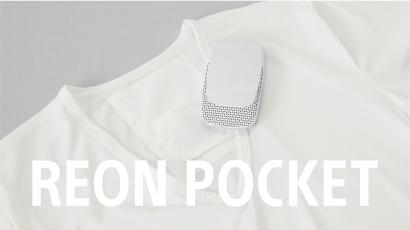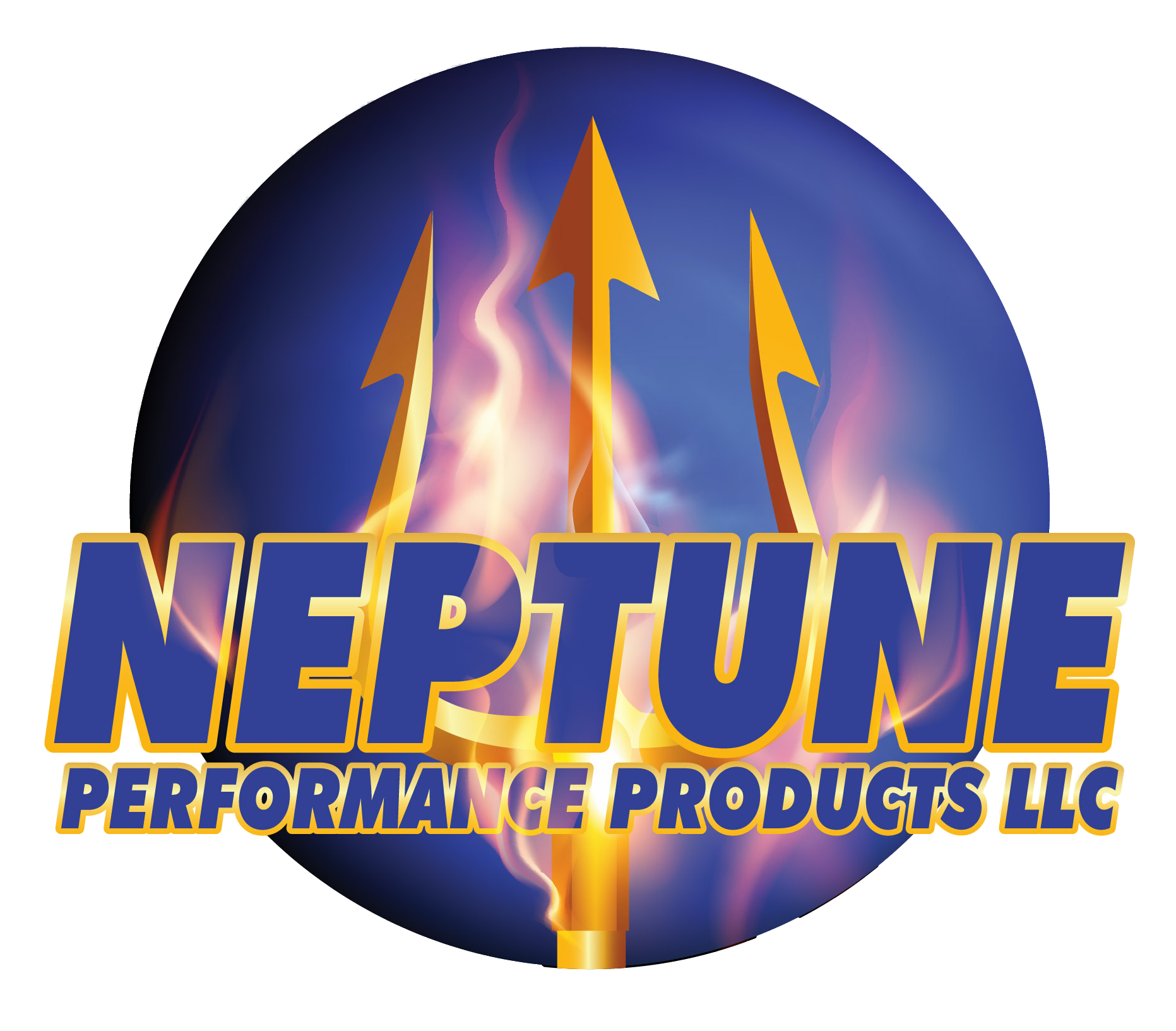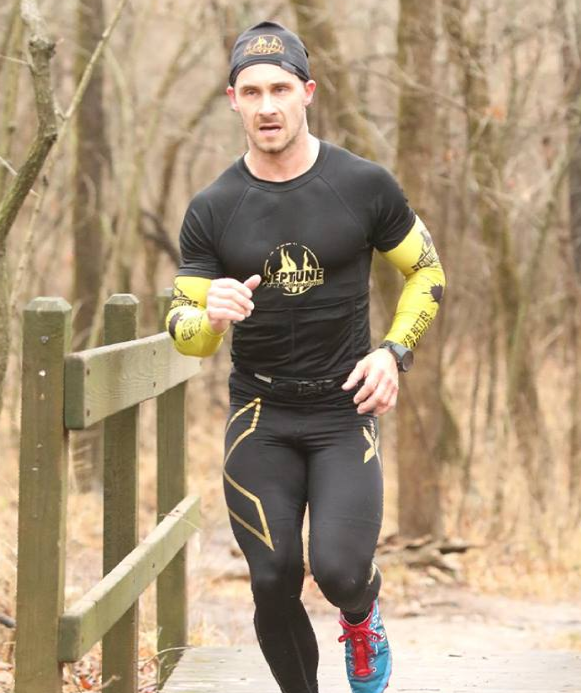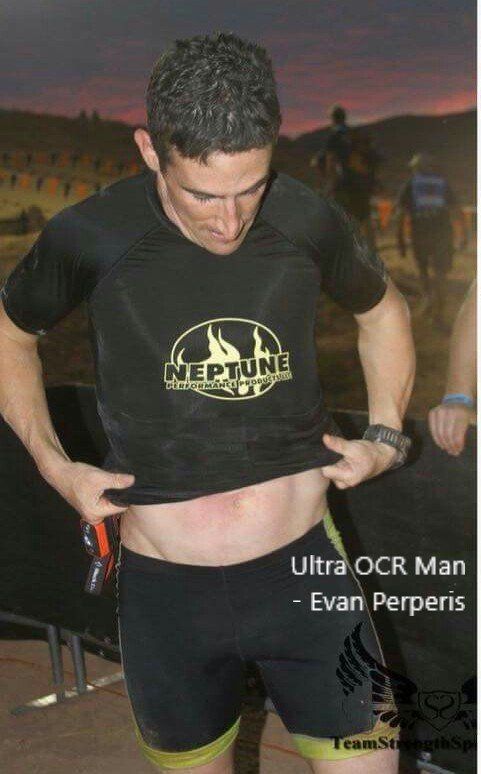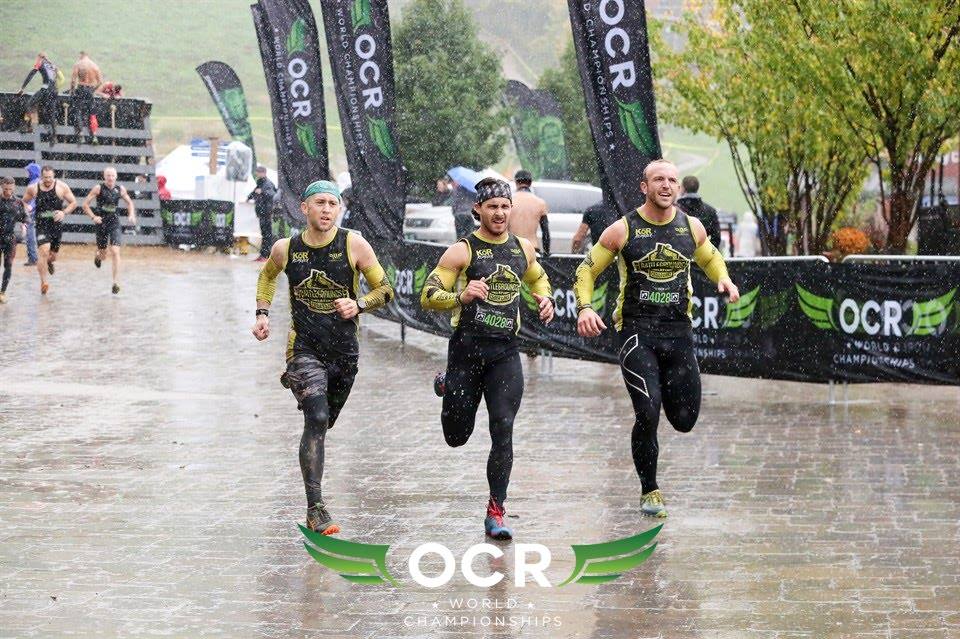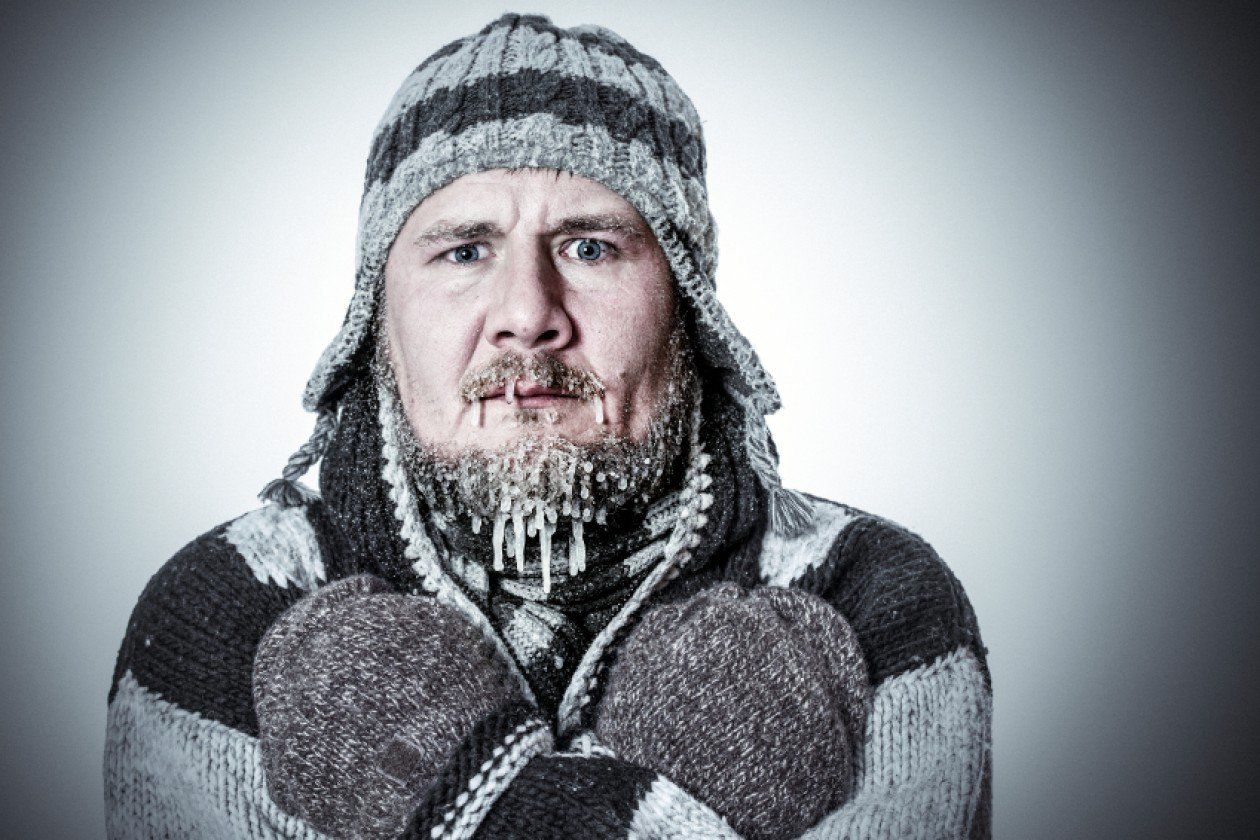Breaking Down Huberman Lab Performance Cooling Episode
Thermal Regulation for Performance: Understanding the Best Ways To Heat or Cool the Body

I recently came across a Huberman Lab podcast from early 2022 where he discussed proper thermal regulation for performance. While some of the information provided was accurate, other aspects were misleading or simply incorrect. In this article, I will examine some of the key points made in the podcast and provide a more in-depth look at the science of thermoregulation.
The primary focus of this episode suggested that the optimal locations for heat loss or gain are the face, palms of the hands, and bottoms of the feet. While there is some truth to this statement, it is important to note that this approach may not be effective in all situations. For example, if someone is dangerously overheating and needs to cool down quickly, submerging them in cold water may be the most effective method. While putting a cold towel on the face or palms of the hands may be maximally effective per unit of heat loss, it may not be the fastest way to cool down someone who is suffering from life-threatening hyperthermia.
In terms of trying to raise or lower the core body temperature, placing an ice pack or a heat pack on the face, palms of the hands, or bottoms of the feet may be the most effective method per square inch and/or if those are the only areas where you have access. However, using these areas may or may not be the best way to warm the body depending on the situation. The basic laws of thermodynamics state that exposing the largest possible surface area of the body to cold or warm temperatures will allow for the greatest amount of conductive heat transfer. Huberman actually states that “submerging the body in cold water is not the most effective way to cool the body because of vasoconstriction.” This is only partially correct. While the body will shunt blood from the skin in an attempt to protect itself, the skin itself is 70% water and the largest organ of the body. The exposure of all of this water to a cold surface will suck the heat out of a large area at one time, so this is obviously a very effective means of cooling, which, coincidentally, is also why cold water is so dangerous.
Now, if you look at the reverse of this situation, if you take a person who is hypothermic, exposure to warm water submersion is actually quite dangerous as it could lead to a condition called afterdrop. This is where the body actually relaxes the vasoconstriction safety mechanism and sends blood to the skin, which is cold from all the cold exposure. This low temperature of the skin then quickly drops the temperature of the returning blood, resulting in a quick drop in core body temperature. The key to all of this is understanding that the temperature of the water in the skin (as well as the person’s overall hydration levels) have a large effect on the body’s ability to thermoregulate, not simply its exposure of certain areas to cold or warm surfaces.
The idea when utilizing a device such as The Neptune is to help prevent the cooling or warming of the body right from the get-go rather than waiting to react after the fact. There is also an element of convenience which needs to be addressed when talking about athletes or active individuals trying to maintain core body temperature. We do live in the real world and not in a lab, so one needs to be realistic when attempting to figure out the best ways to go about this process.
Another factor to consider, which Huberman fails to address at all, is the ingestion of warm or cool liquids or foods. This is one of the fastest ways to heat or cool the body. If someone is cold, giving them warm liquids or food will help to rewarm them quickly. Similarly, if someone is overheating, giving them cool liquids or foods can help to cool them down. This method was not even mentioned during the podcast, and I'm not really sure why.
He also spends some time discussing endurance racing, but this is where most of his arguments fall apart. I will spare you a lengthy explanation of all the factors where simply utilizing the palmer and face cooling method might be effective in a lab but would be much less so out in the real world where the environment is constantly changing. I will mention these as food for thought, knowing that the body's most effective method for heat loss is convection (evaporation). Then the environment's humidity level plays a role as does airflow (are you running into the wind versus a tailwind). Whether or not the sun is out will affect radiative heat transfer from the sun, which is also important. As an athlete, you would need to understand all of these factors to help control your body's temperature.
In conclusion, while the Huberman podcast provided some useful information about thermal regulation for performance, it is important to understand that there are many factors to consider when trying to regulate body temperature. Understanding the environment that you will be in and all the avenues in which your body can lose and retain heat can play a huge role in not only your comfortability but also in your optimal performance. Submerging someone in cold water may be the most effective method for cooling down someone who is dangerously overheating, but the reverse is most certainly not what you want to do if hypothermia is the issue. Utilizing the methods that focus on the palms of the hands, bottoms of the feet, and keeping the face warm may be effective for rewarming slowly. In addition, the ingestion of warm liquids or foods can be a fast and effective way to bring the body temperature back up. This Huberman Lab episode mainly focuses on the effects of cooling the body to optimize performance, but there are two sides to this problem. By understanding these factors, you can better prepare yourself for situations where thermal regulation is important for performance. This article is not meant to be a full-fledged rebuttal of Huberman's thorough podcast but more to provide food for thought and consideration when thinking about the arguments he presented. The more knowledgeable you are on the subject, the better you will be able to maintain your performance under any conditions!

